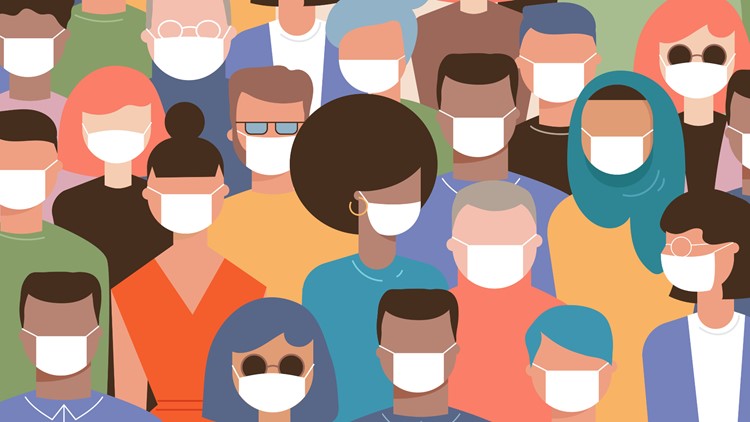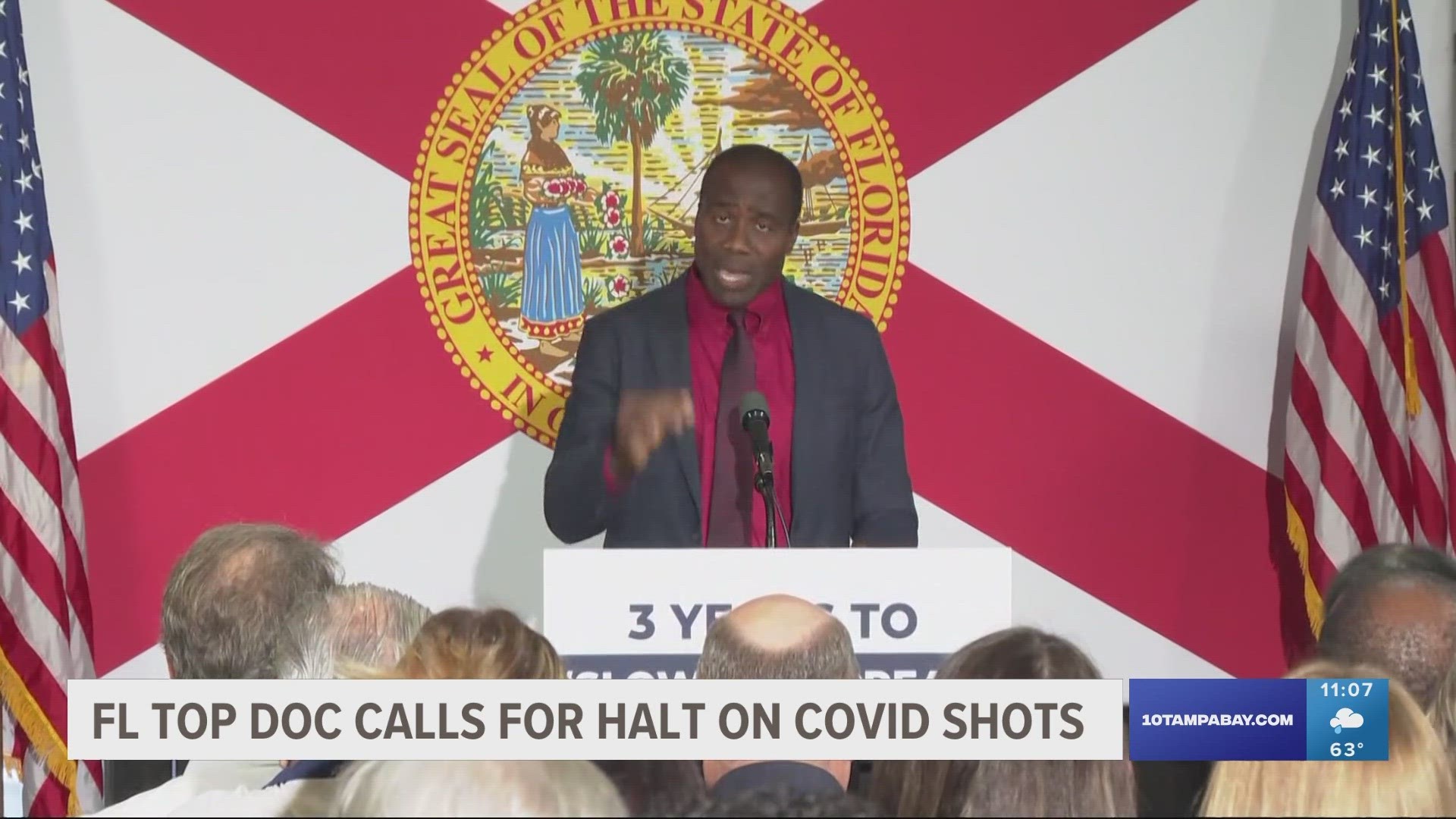ST. PETERSBURG, Fla. — More than a year and a half into the pandemic, there's a lengthy list of what we know about the long-term impacts of COVID-19 versus what we don't know.
Even if you have mild or virtually no symptoms of COVID-19, it can still have an impact on your body long after the infection is gone. According to the CDC, common symptoms like these can hang around for more than four weeks:
- Trouble breathing
- Headache
- Fatigue
- Brain fog
- Loss of sense of smell and taste
Severe illness can impact how your heart, lungs, kidneys, skin and brain function, even how your blood circulates in your body. According to the Mayo Clinic, there can be lasting heart damage putting you at risk of heart failure or other heart complications.
One study showed 60-percent of those who recovered had signs of ongoing inflammation. Cleveland Clinic Cardiologist Dr. Nick Ruthmann says he's seeing some patients right after they've had COVID, while others he will see months later.
“We’re seeing people that just had COVID and they’re experiencing symptoms and trying to get those people into a multidisciplinary clinic where we’re having a lot of our different team members focus on each different symptom they have. But gosh, I have patients that have been COVID-free, cured from that for months and they’re still having prolonged symptoms involving these racing heartbeats or heart-related concerns,” Dr. Ruthmann said.
When it comes to your lungs, there’s a type of pneumonia that can damage tiny air sacs. The scar tissue can give you long-term breathing problems. COVID-19 can also impact the brain. It can cause strokes, seizures and Guillain-Barre syndrome which is a temporary paralysis.
COVID may also increase the risk of developing Parkinson’s and Alzheimer’s. You can also develop blood clots and vessel problems because blood cells can clump and form clots which can create problems all over your body.
A condition called postural orthostatic tachycardia syndrome or POTS affects the blood circulation in your body. COVID-19 can also weaken vessels which contribute to liver and kidney problems.
RELATED: 'That's really bad news': Fauci finds low vaccination rates leave Florida vulnerable to COVID-19
When it comes to figuring out how your body responds in recovery, doctors say it's still unclear how long is long-term.
“I think we’re seeing quite a large influx of people that have had COVID, and we’re kind of developing this long-haul syndrome that includes a constellation of symptoms, most notably that people come to send me for are racing heartbeats, kind of just feelings of fatigue and shortness of breath and maybe some intermittent chest pains,” Dr. Ruthmann said.
There are specialized clinics that are studying organ function after recovery. Also, they're not sure whether kids are more or less likely than adults to have long-term issues and why some symptoms affect some children and not others.



